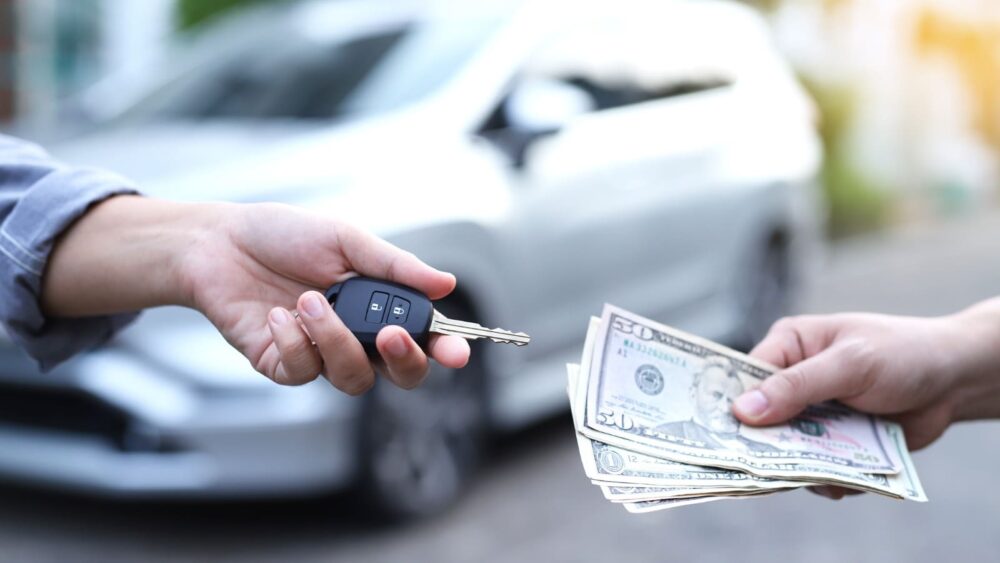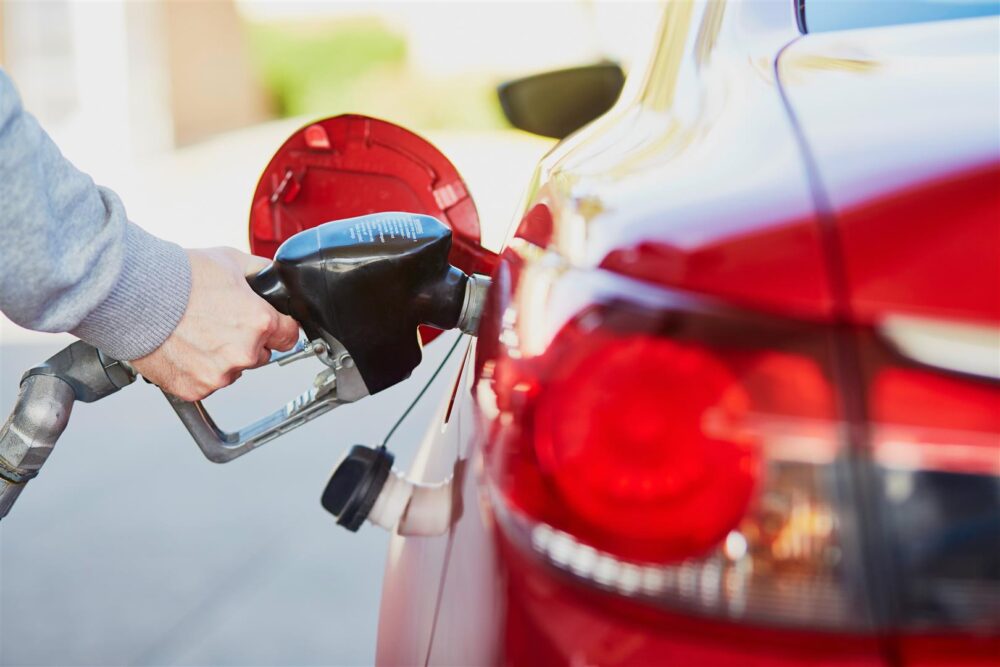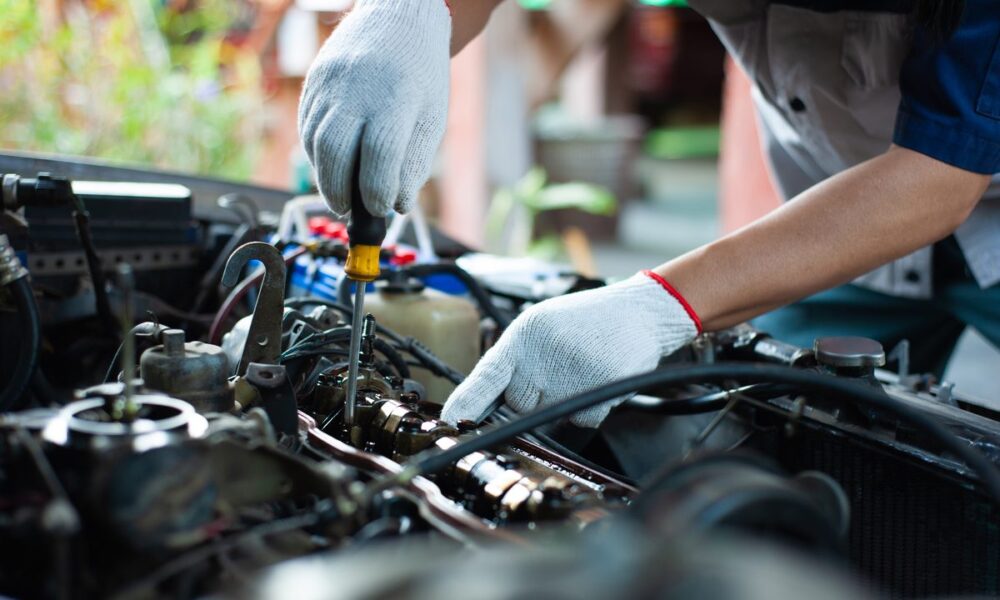To most people, owning a car is more of a necessity than a luxury. Time, accidents, and road miles can cause even the best-kept vehicle to wear out. Are you replacing your car because the repair bills are high, or do you want an upgrade to a larger, more efficient vehicle?
As you weigh in on all these questions, here are a few pointers to help you decide whether to keep or replace your car. However, even as you plan to visit the next website to shop for a new car, you must consider a few factors.
Budget

Source: growadvisorygroup.com.au
Budget is vital when deciding whether to retain or get a new car. Do some math on your monthly income and expenses, and be realistic about it. Do you have a limited budget? It’s best to retain possession of your car unless the cost of repairs is more than the cost of a new car.
You can also save money for a newer car after expanding your budget. You may also use the proceeds from the sale of your vehicle as a down payment to lower the cost of the new car.
You’ve Had Enough with Your Old Car
One may decide to get rid of their old car and get a new one just because they are past being comfortable with it. Maybe you now have a new job, and you want an automotive that’s more appropriate.
Or perhaps you’ve been yearning for a new car and have waited for as long as possible. If your financial status allows you to get new wheels, there is no harm in snagging a new automobile.
Safety of the Car
How safe is your car when driving? Other than older cars, even the top-maintained car will eventually wear out or break down while on the road. Owning a car that you are confident that it won’t leave you stranded on the road is enough incentive for getting a newer car.
The latest cars have standard safety equipment such as electronic stability control, advanced airbags, and cameras. Other security options include automatic parking, blind-spot monitors, and drowsiness alerts. If your car is an old model lacking these safety features or has begun to show its age, it is time to look for new options.
The Market Value of Your Car

Source: kbb.com
How much is your current car worth according to the market value? A car worth more presents more options and the possibility of profits on selling. You will find the current cost of your vehicle on websites such as Edmunds and Kelley Blue Book and look at the price value of similar vehicles.
However, if the repairs required on your car are half the cost of what your vehicle is worth, purchase a new vehicle.
Insurance
What is the annual cost difference between your old car and a brand-new one? If you have a car that’s not worth much, consider dropping comprehensive and collision to save hundreds of dollars.
In addition, with an old car, you are more likely to miss out on safety-related insurance discounts available for new cars. Insurance expenses should be considered since sport or luxury cars are more expensive to insure than family sedans.
Costs of Wear and Tear Repairs
Old or damaged cars from an accident can be unpredictable even after a repair, and there is no guarantee they won’t break down again. So, getting a new car is much better than dealing with constant repairs.
A new car usually has a warranty of three or more years before you start worrying about any major repairs. In addition, buying a more reliable vehicle will save you constant trips to the repair shop.
If the Car Is Eating Gas and The Mileage Is Suffering

Source: mysfcarguys.com
A fuel-efficient car is excellent for your budget and environment. Older cars usually consume more fuel because they don’t have the advanced engineering technology of new engines.
Therefore, if your car is spending more gas for every mile covered or has had to replace the engine to save on gas, it may be time to upgrade to the newer models. Replacing it with a newer or more reliable unit will promise excellent gas mileage, fuel efficiency, comfort, and performance.
Rebates and Incentives
What is more enticing than low-percent financing or substantial money on the hood? Is leasing a more attractive proposition for your car? When an automaker company offers you an incentive, it’s a brainer that the choice to make is dumping your older car for a newer model. However, if your vehicle isn’t that old and is adequately maintained, keeping it may be the right choice.
Lifestyle Change
Does your current car match your preferences, needs, or daily routine? Has your family increased or decreased? Do you want a more comfortable vehicle with supportive seats, enough legroom, and headrests? Are you aiming to make a statement on the road or want to be more eco-friendly? These are some of the lifestyle changes that may push you to upgrade your car.
Potential or Future Repairs

Source: pymnts.com
Spending $1,500 on repairing your car for more miles may seem the best decision now, but what comes after that? Get your mechanic to clue you in on any looming car problems and advise you on handling them. If repair estimates or forecasts are more, save for a new car.
Extending the Lifespan of Your Car
Are you yet to decide whether to sell your car or keep it? There are several ways you can prevent and avoid costly repairs. First, you should maintain your car at proper intervals to avoid breakdowns. Refer to your car’s maintenance guide for the recommended service intervals.
Additionally, pay attention to items in your vehicle that quickly break down. You can also join forums or message boards about your car type and model. You are likely to find people who have had similar issues with their cars and learn how they solved them.
Conclusion

Source: caranddriver.com
No one knows the history and needs of your car more than you do. While replacing your car may be an easy way to avoid high repair costs, there may also be better decisions than purchasing a new vehicle, depending on your financial status. So, if you decide to replace your old car, ensure you are parting with it on your terms.


















